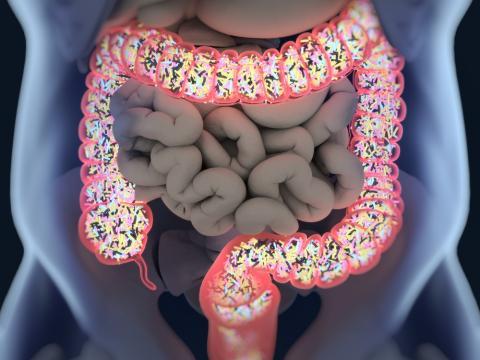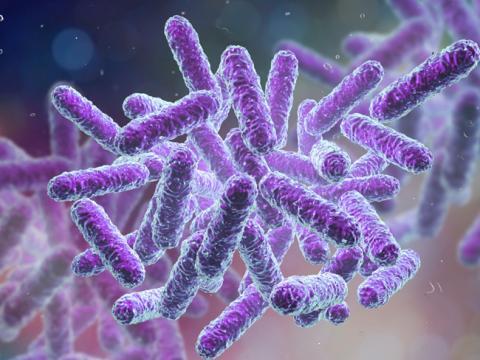Researchers from Imperial College London, Oxford University and Nottingham University analysed data going back to 1946 to obtain a comprehensive picture of the research into diet and food supplements taken by pregnant women and the risk of their child developing an allergy. The researchers considered 433 studies involving a total of 1,506,815 subjects: 260 studies covered the breast-feeding period and 173 related to the maternal diet during other periods, or the young child’s diet.
The researchers drew a number of important conclusions from this review of the data:
- taking probiotic supplements can cut eczema risk in children by up to 22%; children given a probiotic supplement or born of mothers who had taken supplements during pregnancy or when breast-feeding were 22% less likely to have eczema according to 19 trials considered by the meta-analysis
- taking fish oil supplements during pregnancy and when breast-feeding can reduce by 31% the risk of allergy to eggs and peanuts, however, the degree of confidence for this finding was lower. Consequently, children born to women who took fish oil supplements during pregnancy and/or when breast-feeding were 30% less likely to have an egg sensitivity at 1 year old, according to 6 trials. These children also had a 38% lower risk of peanut allergy, according to two trials
- some probiotics may also reduce the risk of allergy to cow’s milk, however, the degree of confidence for this finding was lower.
This data enables women to be better informed about the food they eat during pregnancy and when breast-feeding, and even about the food they should give their children after introducing solids.
Moreover, fish oil and omega-3 supplements are considered to be safe during pregnancy and there are no contraindications regarding their use.







